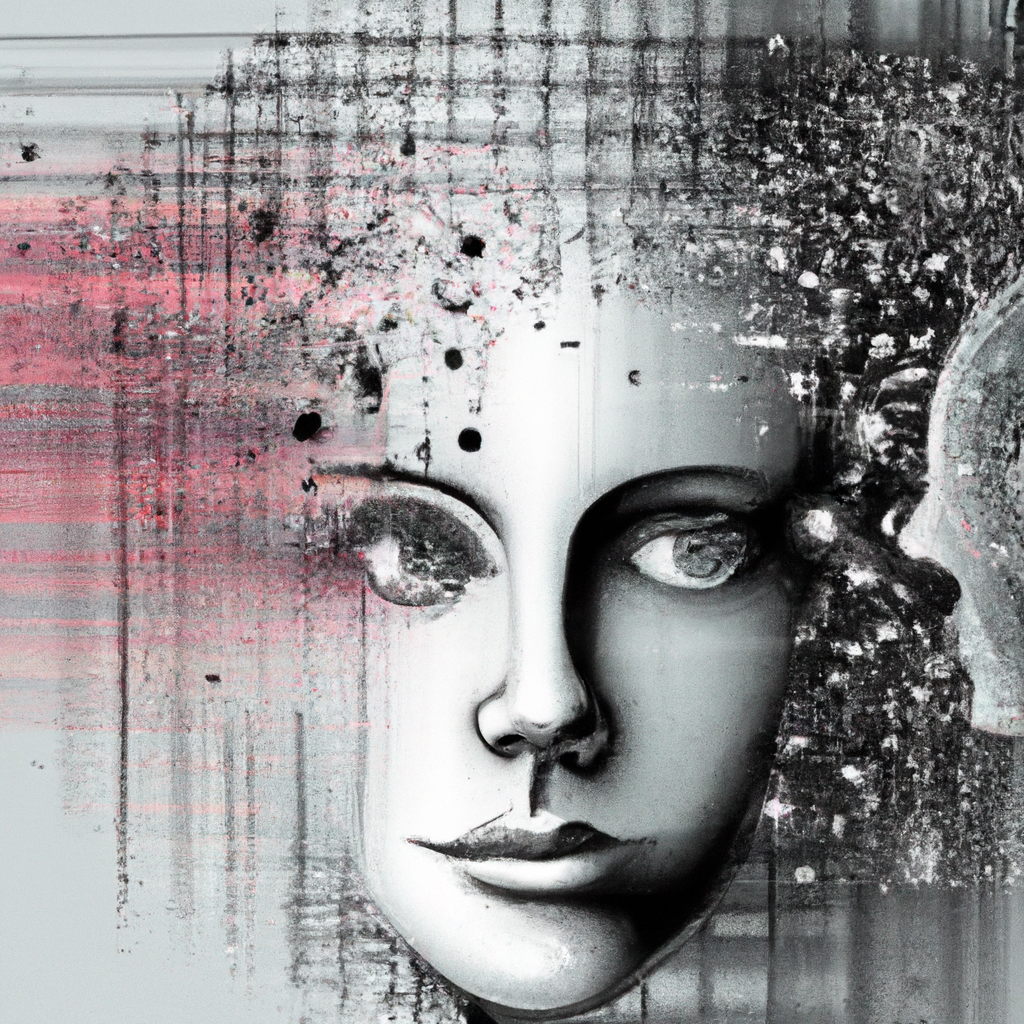
Unlocking the Surprising Benefits of Therapy: Nurturing Your Mental Health
Mental health is a fundamental aspect of human well-being and is often neglected. However, therapy is a powerful tool that can help care for your mental health and improve your quality of life. In this article, we will explore the surprising benefits of therapy and how it can be an ally in caring for your mental health.
The Importance of Mental Health
Mental health encompasses a person’s emotional, psychological, and social well-being. Having good mental health is essential for dealing with stress, emotions, relationships, and daily challenges. However, many people face mental health issues at some point in their lives, such as anxiety, depression, bipolar disorder, among others.
It is important to care for mental health in the same way we care for physical health. Therapy is an effective tool to help deal with these issues and promote emotional and psychological balance.
Benefits of Therapy for Mental Health
Therapy offers a range of benefits for mental health, such as:
1. Helps Manage Negative Emotions and Thoughts
Therapy provides a safe space to express negative emotions and thoughts, helping to understand and deal with them healthily. This can reduce anxiety, depression, and other emotional issues.
2. Enhances Self-Esteem and Self-Confidence
Therapy helps develop a more positive self-view, improving self-esteem and self-confidence. This can positively impact how you relate to yourself and others.
3. Promotes Self-Knowledge and Personal Growth
Therapy aids in the process of self-knowledge, helping to identify behavior patterns, limiting beliefs, and past traumas. This enables greater personal growth and the construction of a more fulfilling life.
4. Improves Coping Skills and Problem-Solving
Therapy teaches techniques and strategies to handle difficult situations, solve problems, and face challenges more effectively. This contributes to the development of healthy coping skills and improves quality of life.
Types of Therapy
There are various types of therapy available, each with specific approaches and techniques. Some of the most common types of therapy include:
- Cognitive-behavioral therapy
- Psychodynamic therapy
- Humanistic therapy
- Group therapy
- Family therapy
- Couples therapy
Each type of therapy has its specific focus and objective, making it important to choose the one that best suits your needs and preferences.
Conclusion
Therapy is a powerful tool for caring for your mental health and promoting emotional and psychological well-being. The surprising benefits of therapy include improved self-esteem, the development of self-knowledge, enhanced coping skills, and the promotion of personal growth.
If you are facing emotional challenges, such as anxiety, depression, stress, or relationship problems, considering therapy can be an excellent choice for caring for your mental health. Do not hesitate to seek help from a qualified professional to start this journey of self-discovery and transformation.



